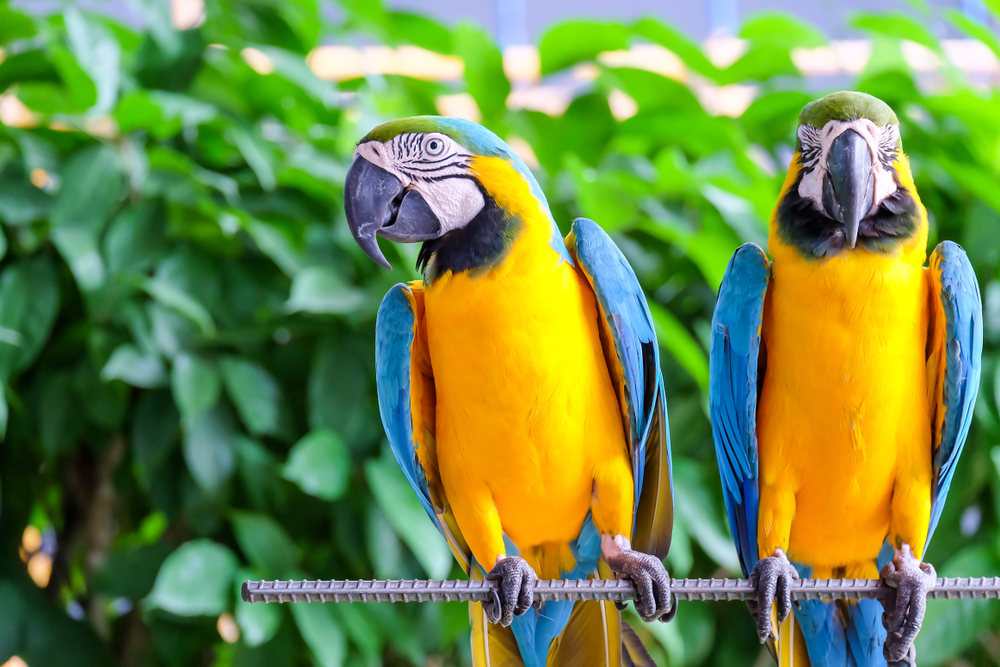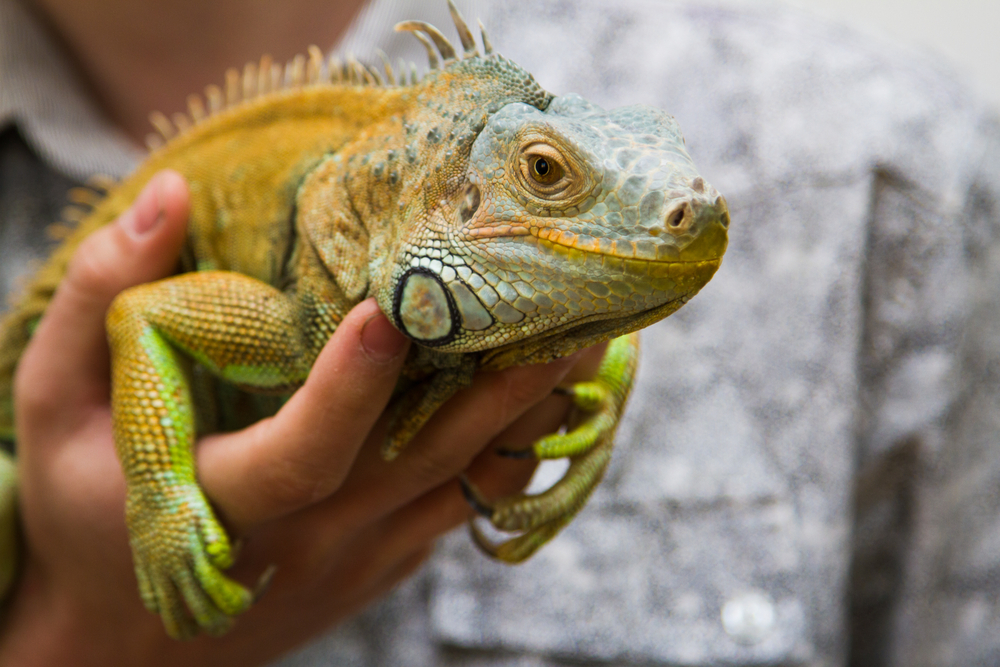Thinking about bringing an exotic pet into your life? From colorful reptiles to captivating birds, the world of exotic pets offers a unique and exciting way to connect with nature. But owning these unusual creatures goes far beyond a typical pet experience. Exotic animals have specialized needs, often requiring more time, space, and knowledge than conventional pets. Before you commit, it’s essential to understand what caring for an exotic pet truly entails to ensure both you and your new friend have the best experience possible.

One of the first things to consider when choosing an exotic pet is habitat setup. Unlike cats or dogs, many exotic animals need carefully controlled environments that mimic their natural habitats. For instance, reptiles such as chameleons or bearded dragons require specific heat and humidity levels to thrive, along with special lighting to simulate sunlight. Birds, such as parrots or cockatoos, need spacious cages and interactive toys to prevent boredom. Creating these ideal environments can be challenging but rewarding as you learn more about your pet’s needs and preferences.
Another key factor is diet. Exotic animals often have unique dietary requirements that can be more complex than feeding a bowl of kibble. For example, a hedgehog’s diet includes insects, while some parrots thrive on a blend of fruits, seeds, and vegetables. Fulfilling these dietary needs means regular trips to specialized pet stores or even raising insects at home. For those willing to invest the time, providing a proper diet can be a fascinating part of caring for an exotic pet and ensures they stay healthy and happy.
Beyond the basic care, exotic pets also demand regular handling and socialization. Many exotic animals, like certain reptiles or small mammals, may be less social by nature but still benefit from regular, gentle handling to build trust and reduce stress. On the other hand, highly social animals like parrots crave interaction and mental stimulation. Without daily engagement, these pets can develop behavioral issues such as feather plucking or excessive noise. Ensuring you have enough time each day to spend with your exotic companion is vital to prevent these problems and keep them thriving.

Healthcare is another important consideration. Finding a veterinarian who specializes in exotic animals can be more challenging and expensive than for traditional pets. Exotic pets often need routine checkups, and some species are prone to unique health issues that require specialized knowledge. For example, reptiles are susceptible to metabolic bone disease if they don’t get proper UV lighting, while birds can develop respiratory issues from poor air quality. Researching local exotic veterinarians before bringing your pet home helps prepare you for any potential health needs.
Finally, be aware of any legal restrictions in your area. Some exotic animals are regulated or even banned as pets in certain regions due to environmental concerns or potential risks to local wildlife. It’s essential to check local laws and regulations to ensure that owning your chosen exotic pet is legal and ethical. Committing to an exotic pet is a big decision, but for those who are ready, it opens the door to a unique and deeply rewarding bond with some of the world’s most fascinating creatures.
